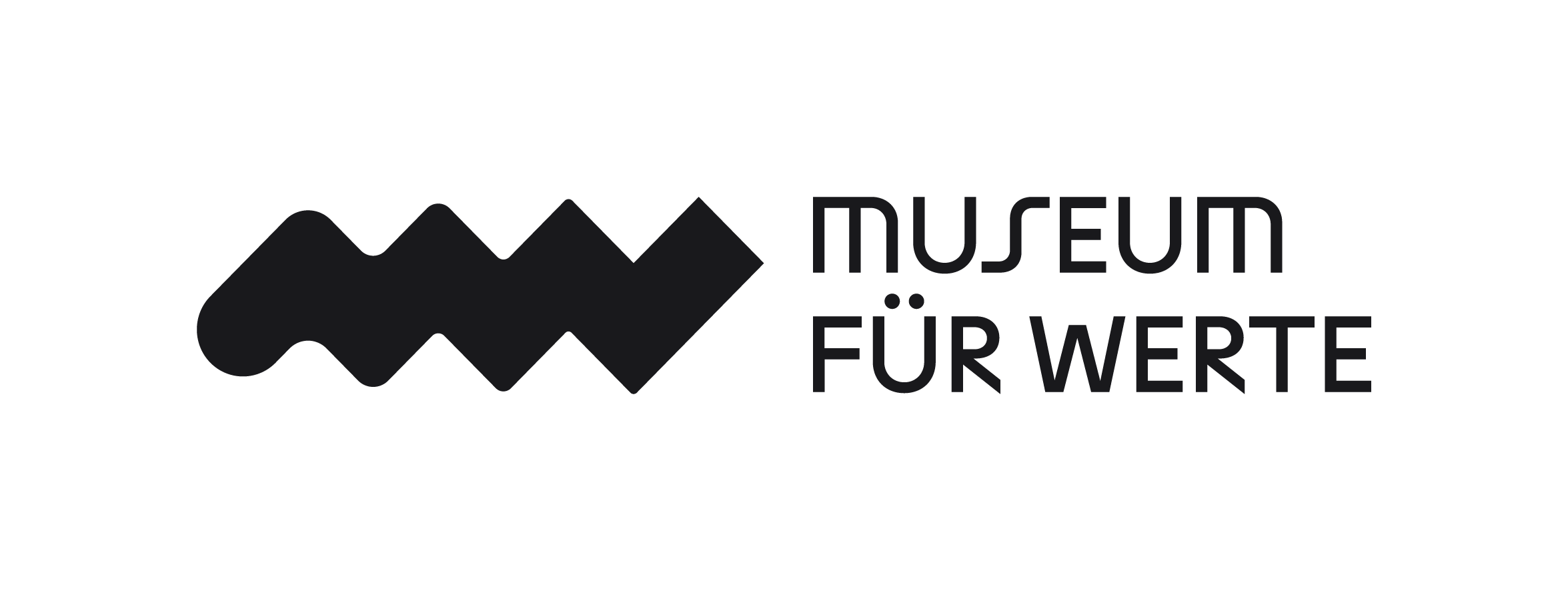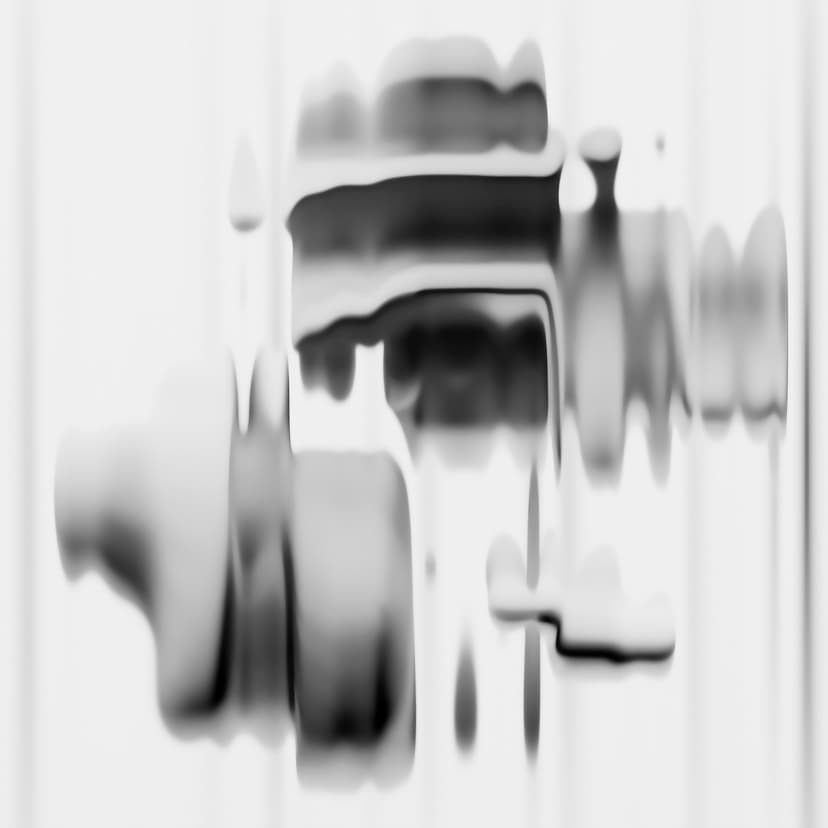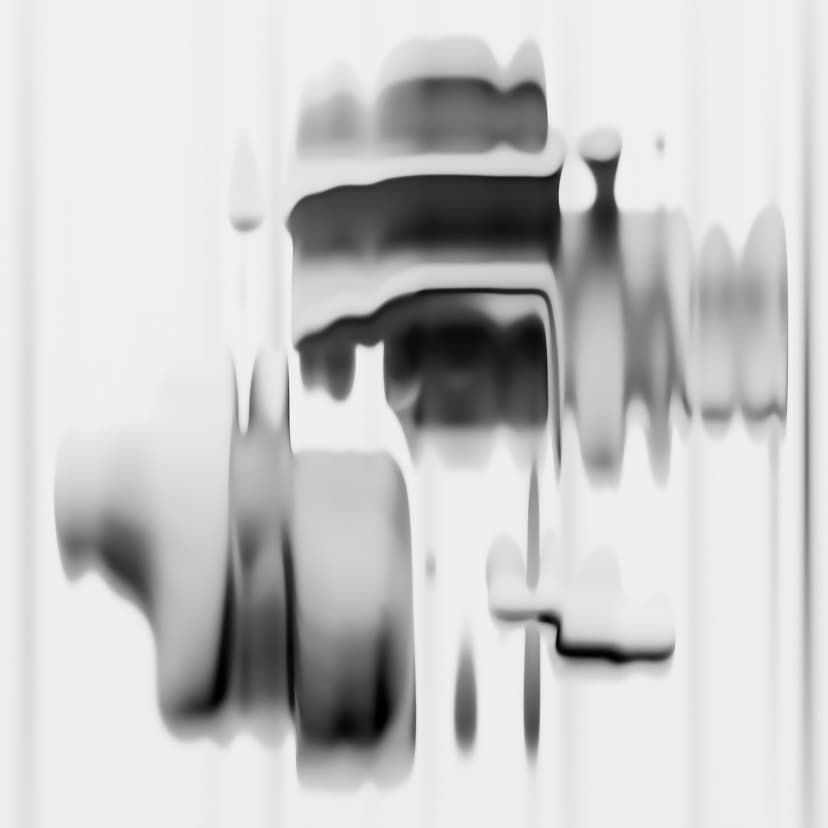On August 16, 1989, their suitcases were packed, goodbyes were said without words, and last glances wandered through the familiar streets of Pestalozzistrasse in Halle an der Saale. The West German money they had collected over the years was hidden in the heel of my mother's high heel, in the plastic body of my sister's doll, and in the lens of my father's analog camera. (...) They set off at 11:00 a.m. – no talking, no questions, everything had been planned in advance, and it was too late for any final doubts. My mother remembers sand dunes, a patch of woods, sneaking, then running, and great fear for her daughter. At some point, they came to a road, a car drove by, and then they heard gunshots. Running back and hastily hiding, they sought shelter. It was unclear where they were, what was going on, and where the shots were coming from. They had to wait an anxious eternity until the smuggler announced it was too dangerous today and they had to go back. What disappointment must have coursed through the minds and hearts of the refugees at that moment. (...) Now that the situation had calmed down, the smuggler decided that the journey should continue. With frayed nerves, they set off. From all the footsteps, successful and failed escape attempts, and transports, the paths through the forest were already flattened and easy to walk on. My sister, who was five years old at the time, was calm and focused, my mother remembers. She knew that something important was happening here, but what exactly—how could one explain it when one barely understood it oneself? The group now reached a barbed wire fence in the bushes that had been cut open in one place. They bent the pieces apart, and one by one they were able to climb through. Without knowing, however, where they were, or whether this fence really led to the West. On the other side, they would be on their own. They would find markers on the trees that would lead them to the village. My parents were the last to push through the fence and watched as the smuggler took a photo of each group leaving the East. We still don't know what happened to those pictures. (...) Looking back, my mother found herself in the West as an appendage of her husband. Her role as a woman had completely changed, almost plunging her into a crisis and making her question what "freedom" was actually worth. Being made dependent on her husband was terrible for her, and for the first two years, she felt miserable. She had nothing, she was nothing, and sometimes she wanted to go back. People in the West had developed a rage against East Germans – against the solidarity surcharge, overcrowded supermarkets in border areas, and the influx of people. In the small village in southern Germany, they didn't belong, barely understood the dialect, and my mother couldn't find a job. But the Wall had fallen, and there would be no going back. And eventually, the good sides began to emerge. The first friends in the West who didn't make her feel as if they were different. They gave them the cautious feeling of belonging somewhere. That one can still find oneself in being different. That in a larger city, migrant identity is much easier to bear, and that freedom, despite all the toll it takes, should remain the highest good after all.



